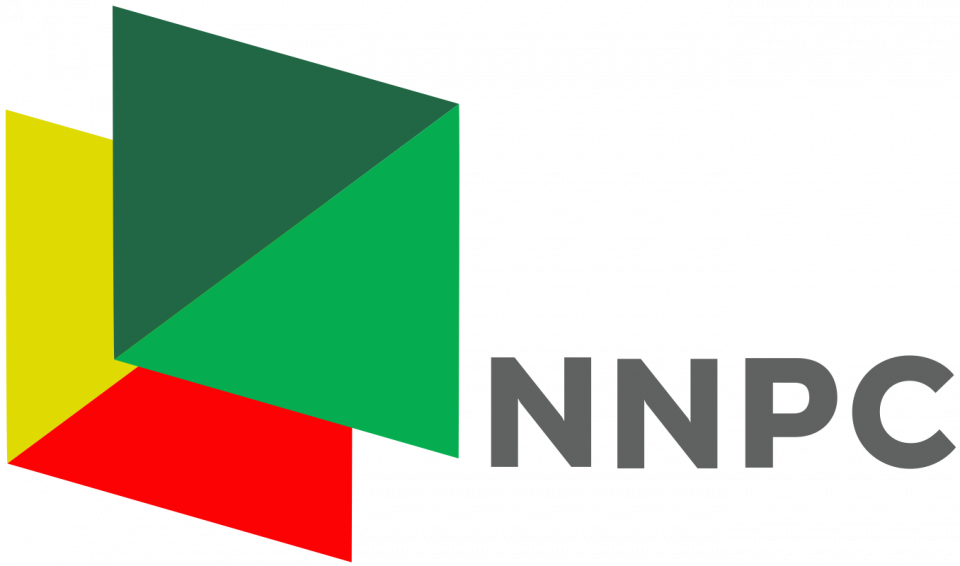The Nigerian National Petroleum Company Limited (NNPCL), yesterday, said about $32.6 billion investment is required to overhaul refineries, pipelines and critical downstream infrastructure.
This was disclosed in Cape Town, South Africa at a conference organised by the African Refiners and Distributors Association (ARDA).
Speaking at the event, Group Executive Director, NNPC Limited Downstream, Adeyemi Adetunji, who disclosed plans to co-locate an African Refinery around the Port Harcourt Refinery and a condensate refinery, said combined capacity of NNPC related refinery would hit 1.27 million barrels per day of crude processing.
In March 2021, the President Muhammadu Buhari-led government approved $1.5 billion for the overhaul of Port Harcourt oil refinery as NNPC later awarded the contract to Italy’s Tecnimont.
Adetunji told participants at the conference that overhaul of the refinery is in top gear and would be ready in the second quarter of the year.
Coming barely a month after the contract for the overhaul of the Kaduna refinery was awarded to Daewoo Engineering Nigeria Limited at an estimated maximum cost ceiling of $740,669,600.00, with a duration of 21 months, Adetunji stressed the need to improve refining capacity in Africa along growing demand.
“We are on a journey of renewal and growth. The plan is to revive the existing refineries, make them functional and grow our supply capacity. In the next couple of years, this will grow to about 1.27 million barrels per day throughput for all the refineries, including the much-celebrated Dangote Refinery.
“We have another project that’s been developed now and at an advanced stage called the Africa refinery, which will be co-located at the Port Harcourt Refinery,” he said.
While NNPC acquired a 20 per cent stake in Dangote’s oil refinery for $2.76 billion, the Warri Refinery with installed capacities of 125,000 bbl/d is under rehabilitation.
Nigeria is currently paying heavily for the lack of local refining capacity as the country, has in less than two years, spent above N10 trillion on subsidising premium motor spirit.
Adetunji called for a regional connected pipelines and depots networks, as a starter for refinery investment in Africa and then a pan African connected networks.
He equally pushed for refineries products consolidation to ensure balanced output based on aggregate demand in the continent, adding that harmonisation of laws, regulations, policies and tariffs were needed to facilitate intra Africa flow of products (hydrocarbon taxes, Africa Free Trade Agreement, implementation of Afri fuels standards, etc).
Noting that an Africa Energy Strategy, which will include both existing and clean fuels, is sacrosanct, Adetunji said there was a need for the continent to support the African Energy Bank.
Earlier at the conference, Executive Secretary of the African Refiners & Distribution Association, Anibor Kragha, gave reasons for a scale up energy security through the exploitation of the continent’s entire energy resource base.
According to him, rehabilitation of the continent’s refineries, which the association said would cost over $15 billion, must be a priority to ensure continuous exploitation of resources instead of depending on import of petroleum products.
If properly harnessed, Kragha said the continent would be able to balance rising population with energy needs and on a long-term transit to cleaner energy sources.
“What is driving us as ARDA, despite what happened globally, is that energy demand will grow through 2040 due to population growth and industrialisation across Africa.
“Energy security is the short term priority we have. We are not the biggest polluter in the world; hence we are focusing more on uninterrupted, secure and affordable supply of energy.
“Storage and distribution infrastructure including pipeline and storage should be a focus. We cannot have a dialogue about refineries without storage,” Kragha said.
Uncategorized




